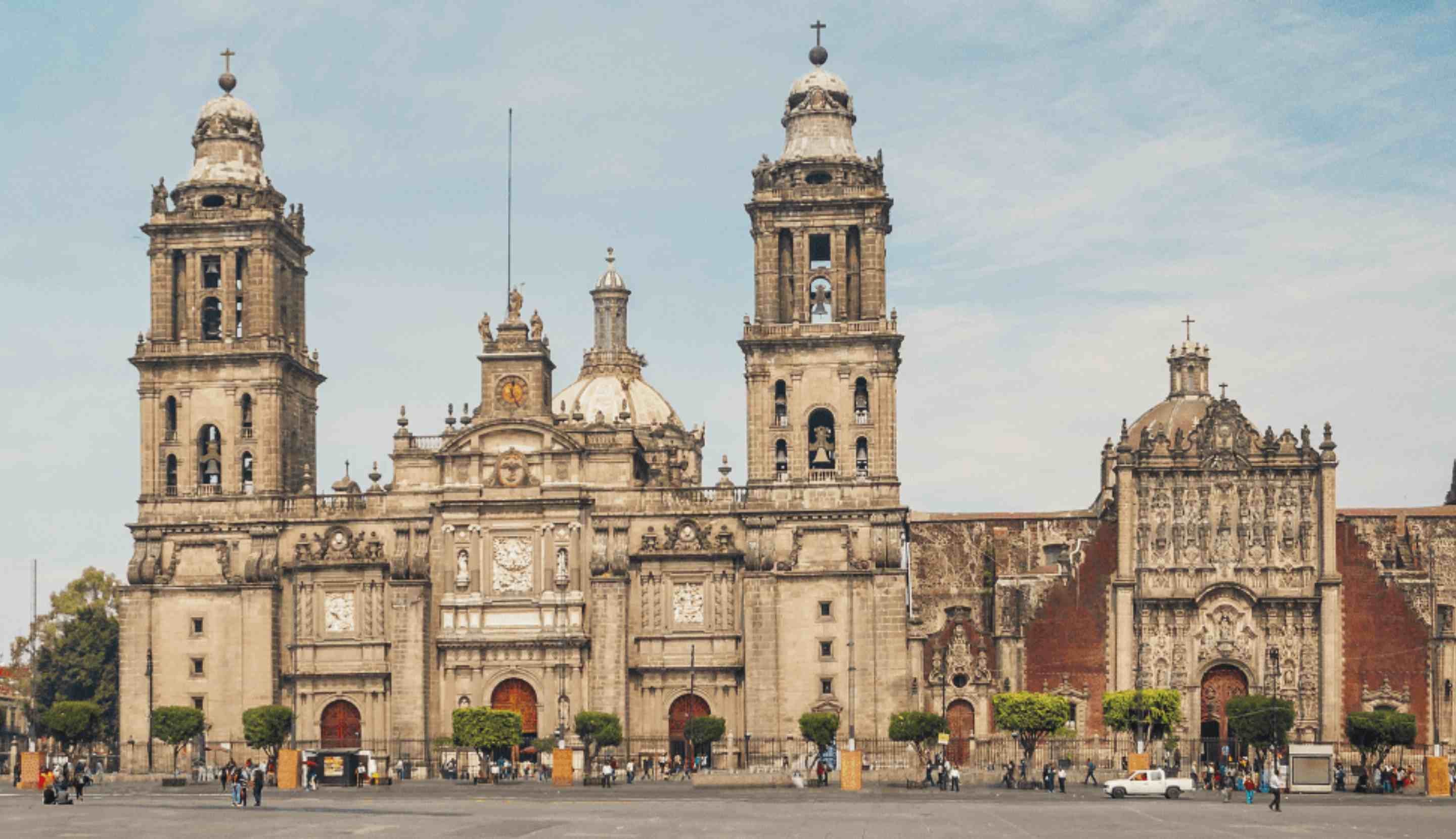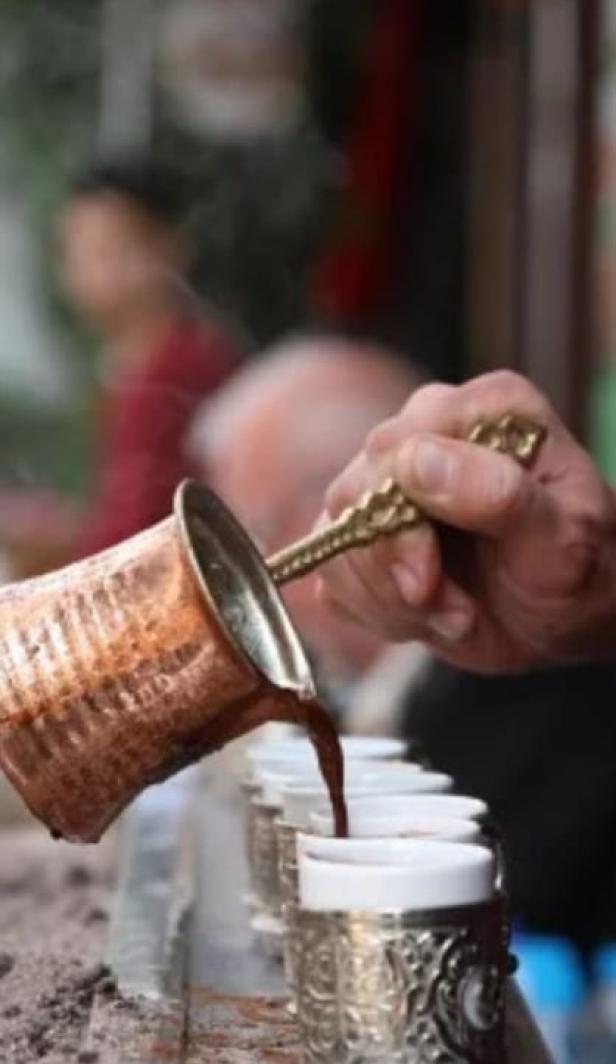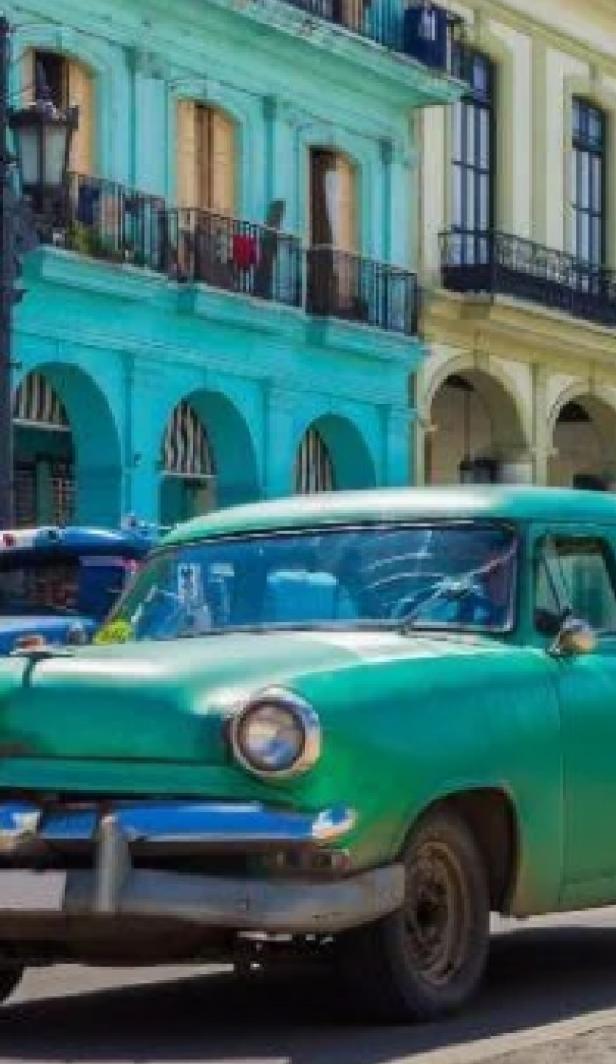History of Mexican coffee
Coffee came to Mexico in the late 1700s with the Spanish who brought plants from Cuba and the Dominican Republic, these were then grown on European owned farms where indigenous Mexican labourers were hired to tend the crops. Coffee plants flourished in the region and demand grew, with Mexico beginning regular oversea exportation in the late 1800s.
In 1973, the Mexican government started ‘INMECAFE’, The National Coffee Institute of Mexico, in order to fund rural farmers and support the country’s demand for coffee. This new scheme gave farmers equipment, transport and credit so they could sell on the international market and due to this, Mexican coffee production skyrocketed by a massive 900% between 1973 – 1990.
INMECAFE collapsed in 1989 but this led to the formation of cooperative groups to replace it in a bid to continue the boost to Mexico’s organic coffee farms. As a direct impact of this, Mexico become one of the world’s largest producers of organic coffee, a fact that is still true today with up to 8% of producers growing organic-certified coffee as of 2020.
Mexican coffee growing regions
Mexico mainly produces shade grown Arabica coffee as the country offers the perfect conditions for these plants with the close proximity to both the Pacific and Atlantic Oceans and vast mountain ranges. Interestingly, Robusta only accounts for between 3 – 4% of the country’s coffee crops. There are three main coffee growing regions in the country which are:
Veracruz
Located on the Gulf of Mexico, Veracruz is the first Mexican state to have a coffee tree planted in the 18th century. It’s the most technologically advanced of all three growing regions as it boasts disease resistant coffee crops and controlled sowing. Veracruz coffee beans are said to have fruity and juicy flavours with bright acidity and a slightly sweet and sour aftertaste.
Chiapas
On the Guatemalan border, around 40% of Mexico’s coffee is produced in Chiapas. The beans grown here are typically chocolatey and nutty, with notes of citrus and they possess well-rounded bodies.
Oaxaca
Bordering the bottom of Veracruz and the top of Chiapas, Oaxaca coffee beans are apparently sweeter with a taste of caramel and yellow fruits, as well as boasting a creamy body and floral hints.
Mexican coffee types
Mexican coffee types aren’t the most well-known and it’s highly likely you wouldn’t have heard of any of these! With this being said they’re well worth a try as they offer incredible flavour experiences, quite unlike what you’d find anywhere else.
What is it?
Café De Olla
Meaning “coffee in a pot” in Spanish, Café De Olla is a traditional Mexican coffee brewed in a clay pot with added spices such as cinnamon, cloves, star anise and sometimes even orange peel. The clay pot used then adds further flavour for a complex and delicious brew.

What is it?
Iced Horchata Latte
An Iced Horchata Latte is a cold brew coffee made with rice, milk, vanilla and cinnamon. The beverage is sweet, creamy and refreshing, making it the perfect choice for baking hot Mexican days.

What is it?
Spiked Mexican Coffee
If you like your coffee with a little kick, Spiked Mexican Coffee might be just what you’re looking for. Made with coffee-flavoured liqueur, tequila, hot coffee and topped with whipped cream, this is like the Mexican version of the Irish coffee!

That’s our guide to Mexican coffee and the history that goes along with it! Want to find out more about the coffee hotspots around the world? Learn all about Guatemalan coffee, next.
Today’s community favourites




